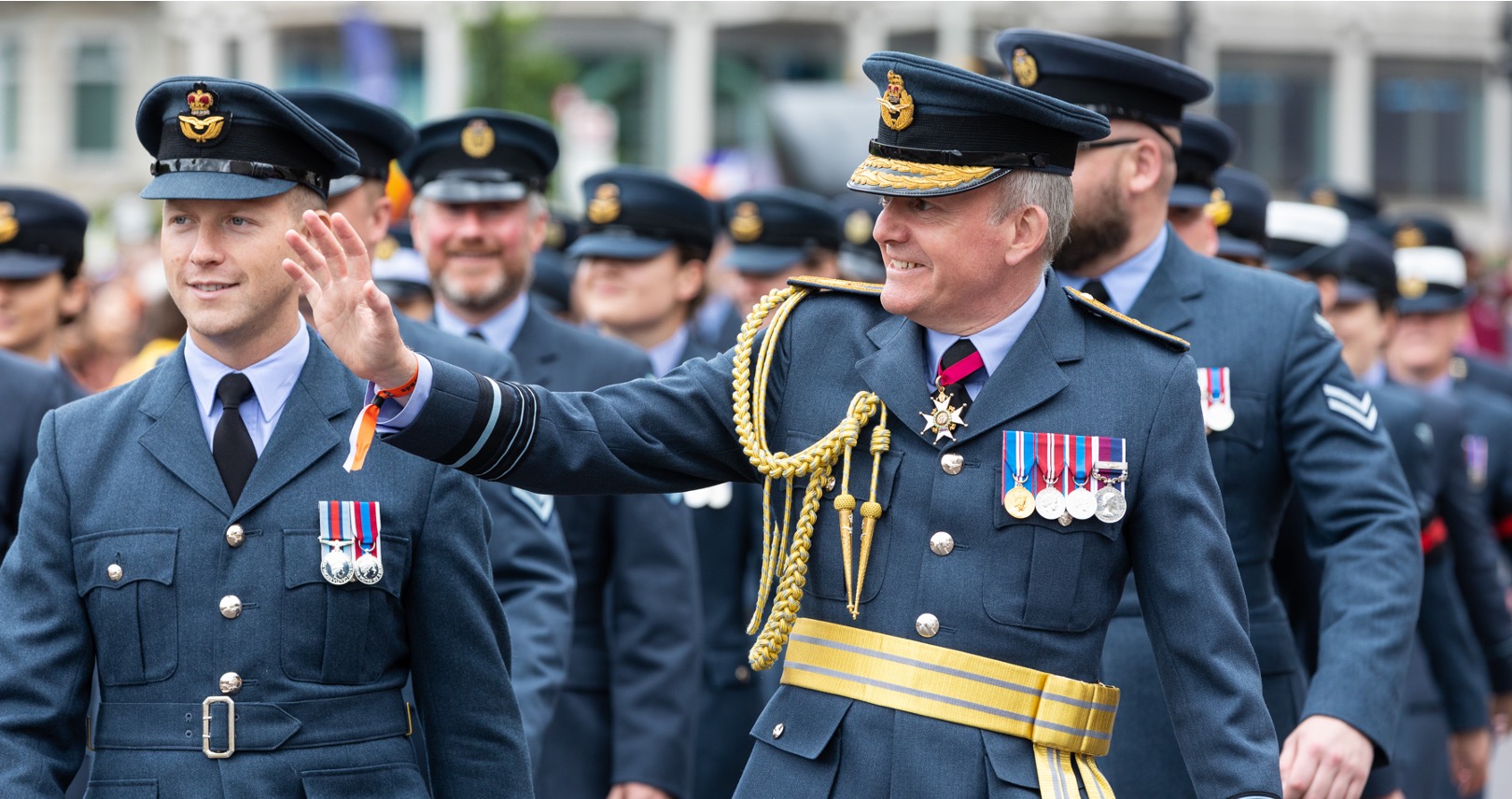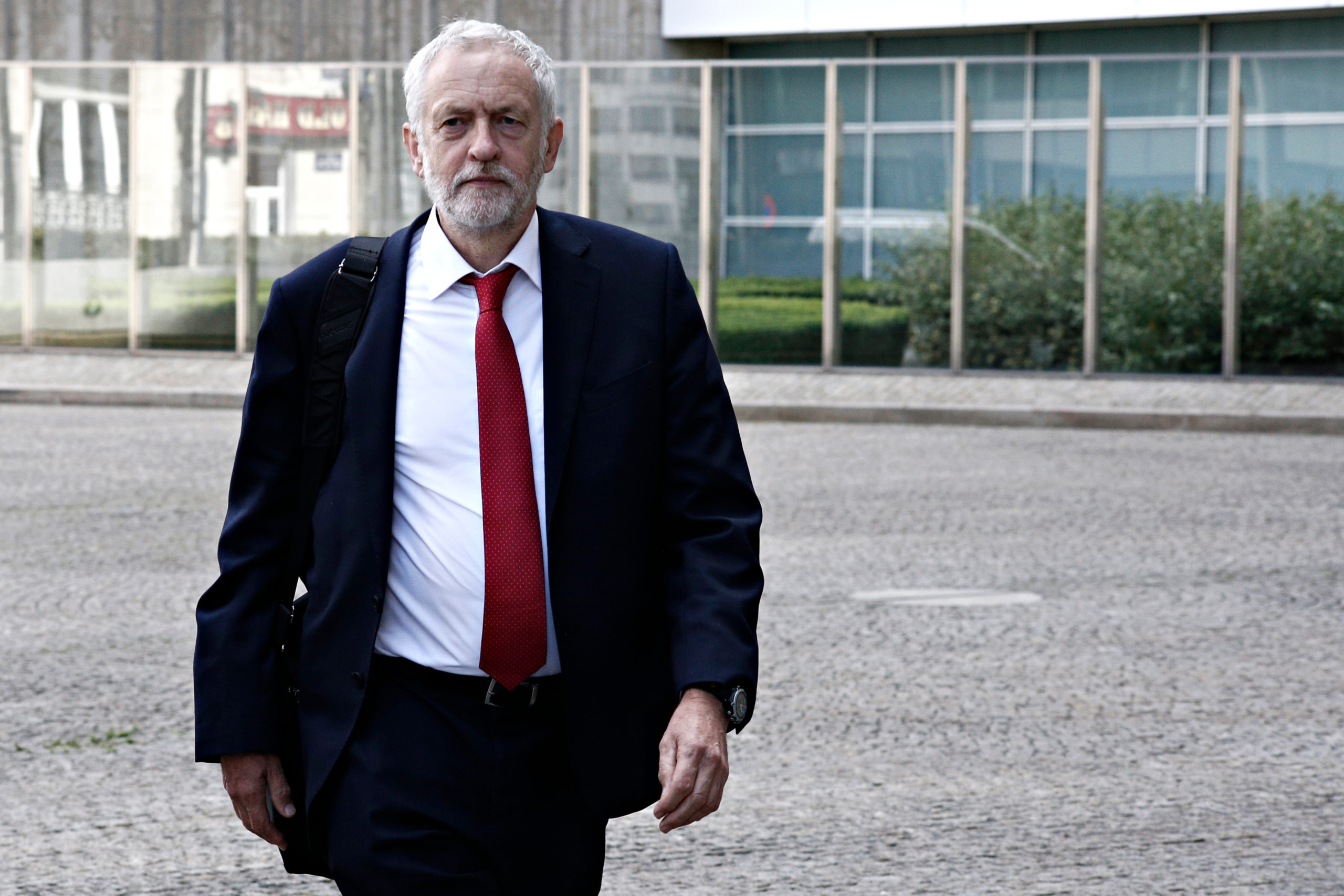Prior to the last strategic defence and security review (SDSR) in 2015, Paul Cornish, an independent analyst and author, and Andrew Dorman, professor of international security at King’s College London, published an article in the International Affairs journal that examined both the contemporary and enduring challenges to the United Kingdom’s national strategic process. In it, they labelled the period immediately prior to the commencement of the review, where “preliminary work and positioning has begun”, as the ‘phoney war’. Fast forward five years, and it is clear that the last week has seen the commencement of the ‘phoney war’ for the next SDSR, or, as it looks like it will be labelled, the Integrated Review.
Announcement of SDSR 2020 – The Integrated Review
On Thursday 19th December, Her Majesty the Queen delivered a second Queen’s Speech of 2019, only sixty-six days after the first. Unsurprisingly, the subsequent newspaper headlines focused on the new government’s timetable finally to leave the European Union by 31st January 2020; however, the speech also promised “an Integrated Security, Defence and Foreign Policy Review” to “reassess the nation’s place in the world”. Moreover, the review was to cover all aspects of international policy from defence to diplomacy and development. This confirmed the commitment made by Prime Minister Boris Johnson during the election campaign, as previously highlighted by @onUKDefence.
Phoney War Developments
The first, and most significant development of the Integrated Review phoney war was the suggestion that Dominic Cummings, the prime minister’s chief adviser, was to lead the review. A reported fierce critic of waste at the MOD, The Times suggested that Cummings would focus on military procurement in an attempt to overhaul defence spending. Secretary of State for Defence Ben Wallace (Conservative MP for Wyre and Preston North) confirmed that he had discussed improving the way his Department spends money with Cummings, but offered no further details of how involved the special advisor may be in the forthcoming review.
The possibility of Cummings playing a central role in the Integrated Review is unlikely to be welcomed by senior officers and civil servants across Defence, but is not, by itself, guaranteed to result in any significant change. This is because the MOD is a bureaucratic super tanker and getting it to adopt any meaningful change of course would require a massive investment in both time and personal capital from any special advisor, even one with a reputation as high as Cummings currently enjoys. At the outset of the review, Cummings may relish such a challenge; however, in time he may decide that being bogged down by the never-ending complexity of reforming the defence enterprise is not to his liking and move on to some of Whitehall’s more-easily solvable challenges.
That is not to say that change is unnecessary or to be avoided. Defence needs to modernise and reduce expenditure at the same time. It has an affordability gap in its equipment programme for traditional military capability – possibility as large as £15 billion over the next decade – and that’s before it commits any money to new technology, such as artificial intelligence, quantum computing and robotics.
Contribution of the Single Services
External pressure, from whatever source and for however long, will only achieve so much. In the words of the Secretary of State, the armed forces must cut its cloth to match its ambition. Under the MOD’s current delegated financial arrangements, the single services hold the purse strings and it is down to them to instigate and see through the necessary changes to the force structure. However, most of the shibboleths that Chief of the Defence Staff, General Sir Nick Carter, suggested needed shattering in his recent annual RUSI lecture, are perpetuated by the single services. So, to ask the particularly apt question for this time of year – will the turkeys vote for Christmas?
History would suggest no, as past defence reviews have always been accompanied by often vicious inter-service squabbling over whose capability is more relevant, and therefore, whose capability must be protected. But this time round, things may be different. In his end of year address, Admiral Tony Radakin, the professional head of the Royal Navy, confirmed his intention to reduce the size of his headquarters and re-invest the money saved in more frontline jobs. Such a move may only scratch the surface of the Navy’s funding problem, but it is a step in the right direction. Far more significantly, it signals the First Sea Lord’s intent to tackle the problem. Much more is needed, both during this phoney war period and for the remainder of the Integrated Review. The senior service is leading the way and both the Army and the Royal Air Force need to follow suit.






